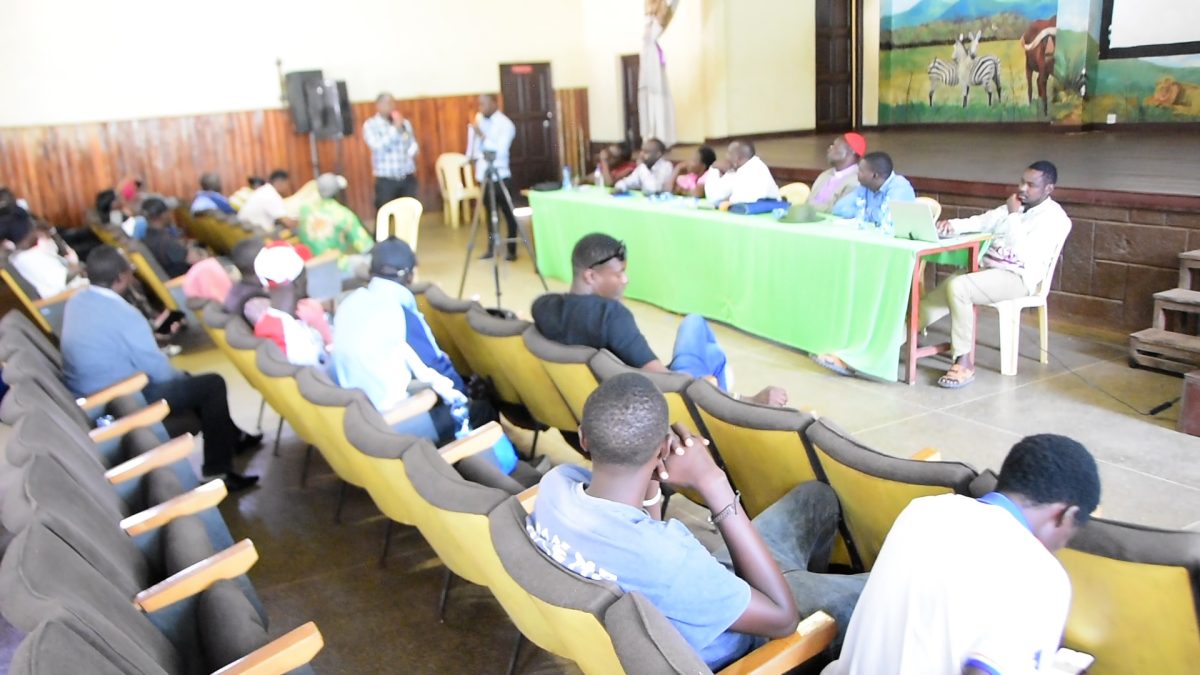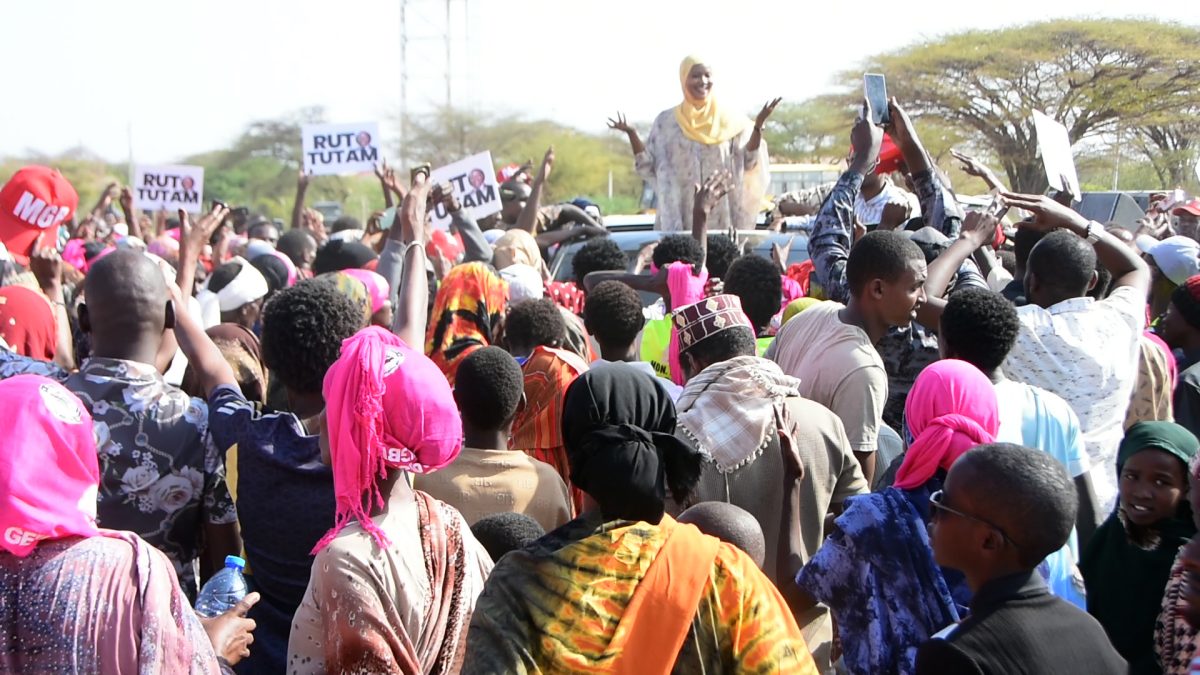Teachers in ASAL Counties Threaten Strike Over Delayed Promotions

Teachers serving in Arid and Semi-Arid Lands (ASAL) counties have issued a stern warning to the government, threatening to down their tools if the ongoing promotion process for 25,000 teachers is not honored without delay.
In Isiolo, officials from the Kenya Union of Post Primary Education Teachers (KUPPET) and the Kenya National Union of Teachers (KNUT) voiced strong opposition to what they termed as interference by a parliamentary committee in the Teachers Service Commission’s (TSC) mandate. The unions are demanding the government expedite the promotions process without any further obstruction.
Moses Kimwere, Secretary General of Isiolo KUPPET, emphasized that ASAL counties fall under affirmative action zones and therefore all proposed promotions must be fully implemented. He criticized the National Assembly’s Education Committee for stalling the process, arguing that their energy would be better spent lobbying for increased budgetary allocations to accommodate even more promotions.
The committee recently issued a seven-day ultimatum to the TSC, demanding a detailed breakdown of the criteria used in the promotions—criteria that include merit and regional working conditions. This move has sparked frustration among teachers, who view it as an unnecessary hurdle.
Kimwere added that by next week, teachers expect to receive their official promotion letters from TSC, with no reduction in the 25,000 slots already listed on the commission’s website. Many teachers are currently living in a state of anxiety, uncertain about whether their long-awaited relief will materialize, especially as their payslips continue to shrink under mounting government deductions.
Timothy Mbae, KNUT chairman for Isiolo County, echoed these sentiments, urging that regional bias must not play a role in the promotions. Teachers work in every corner of the country, regardless of tribe or origin. He also questioned the motives of the parliamentary committee, accusing it of derailing the promotion process instead of championing teachers’ welfare by advocating for more funding.



